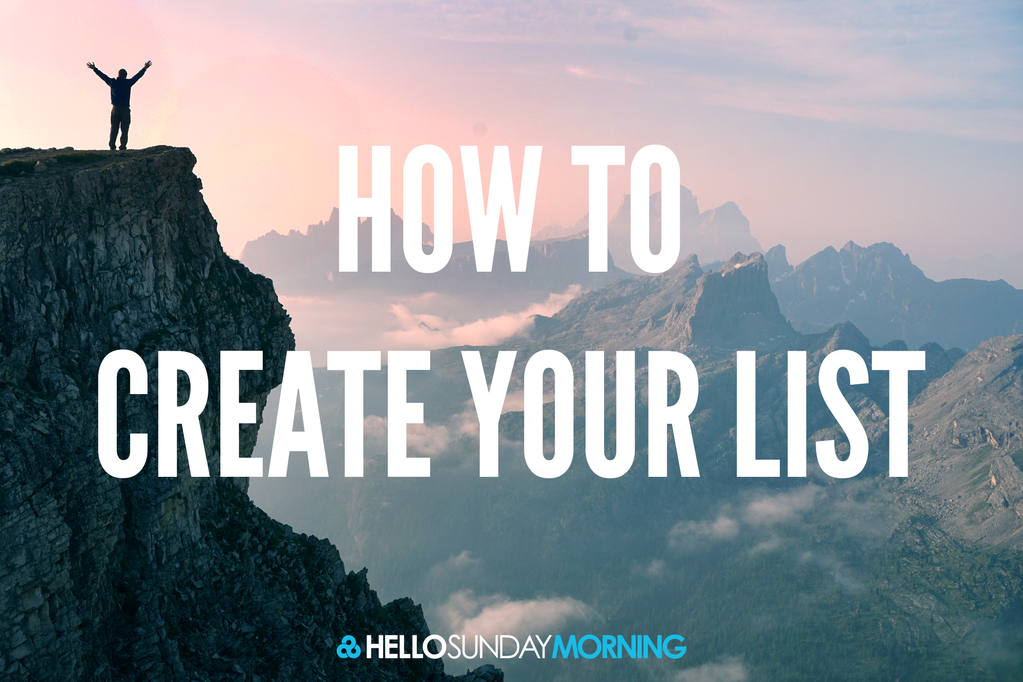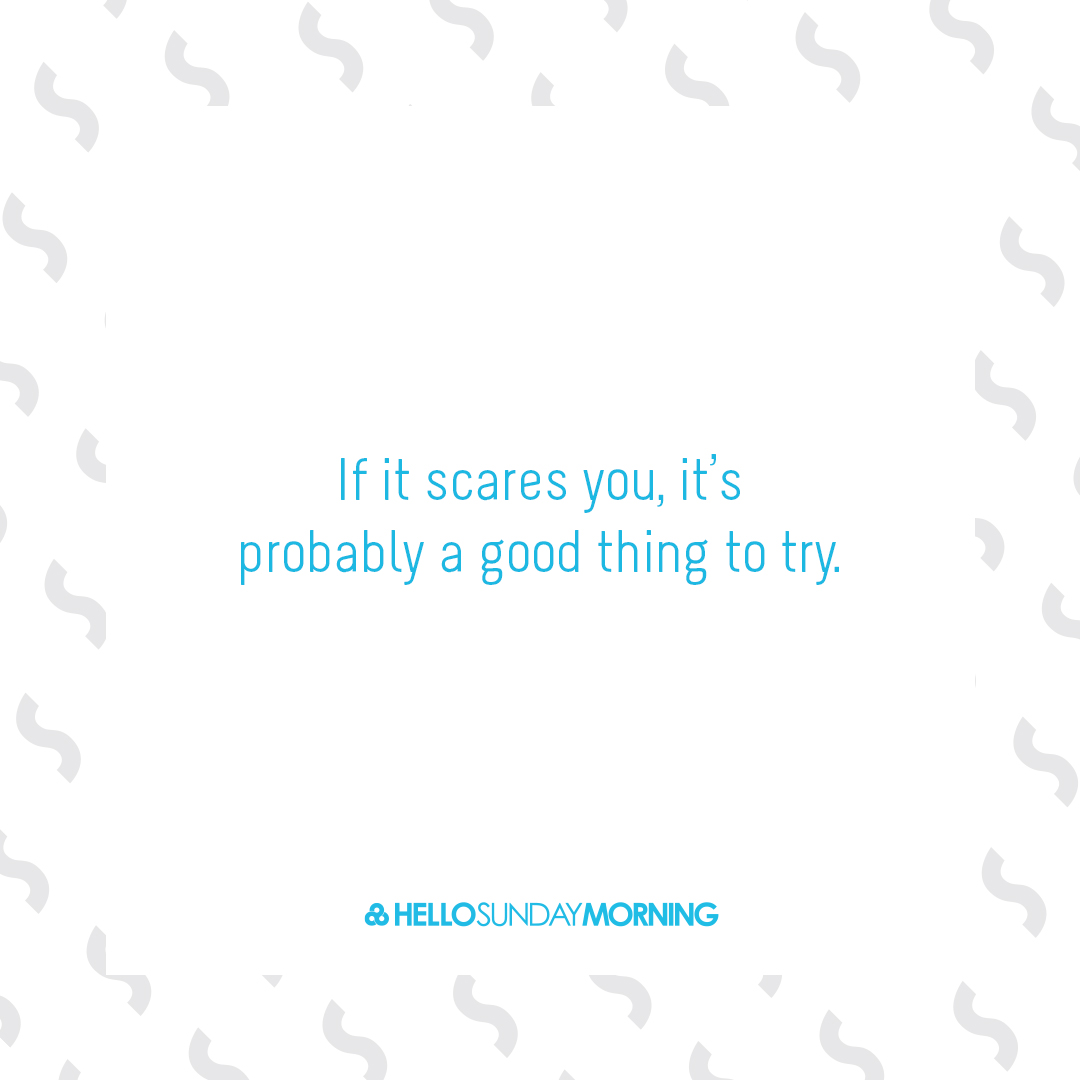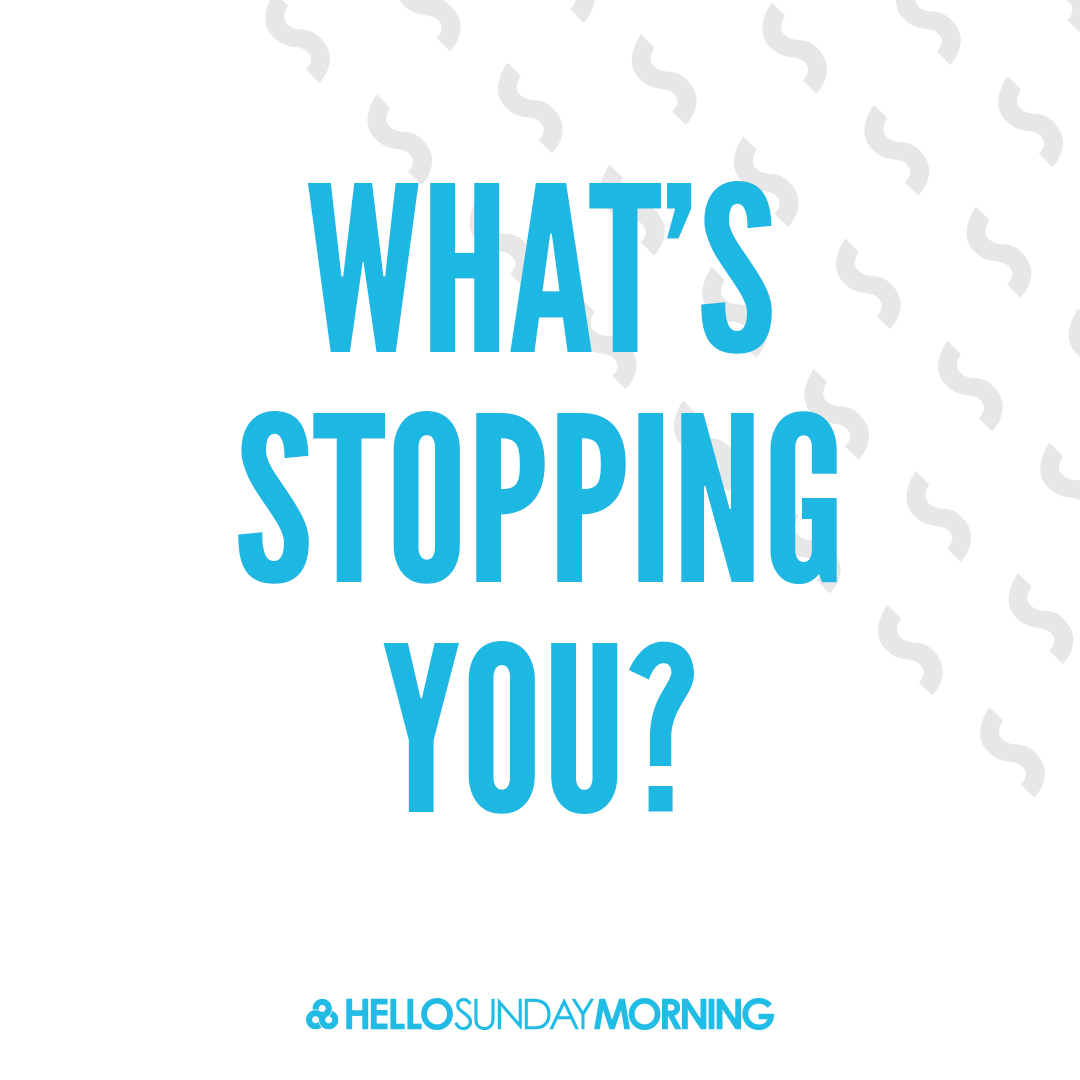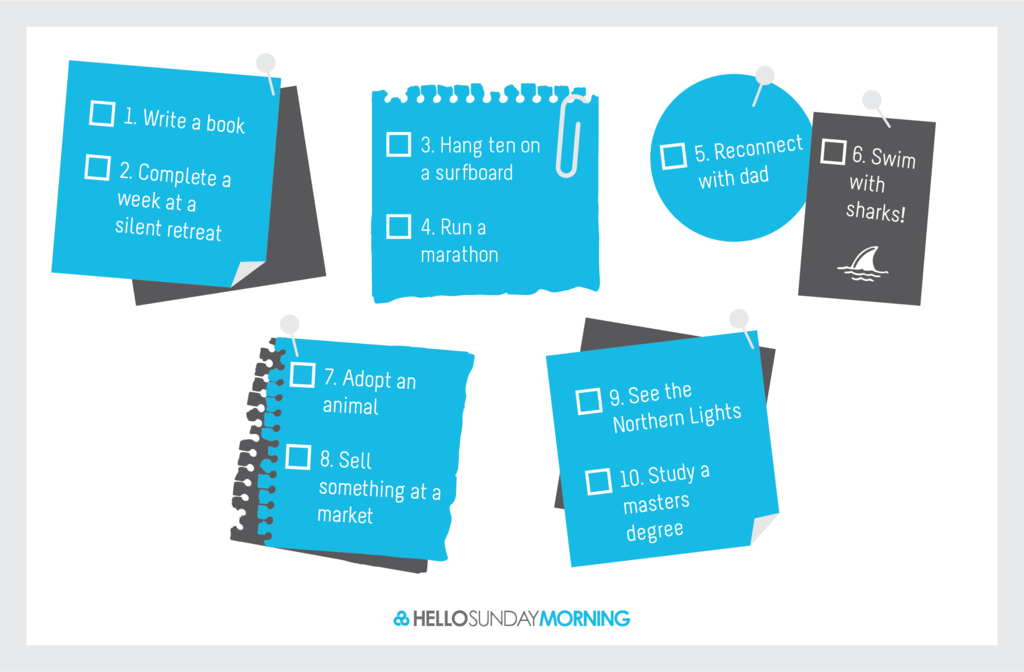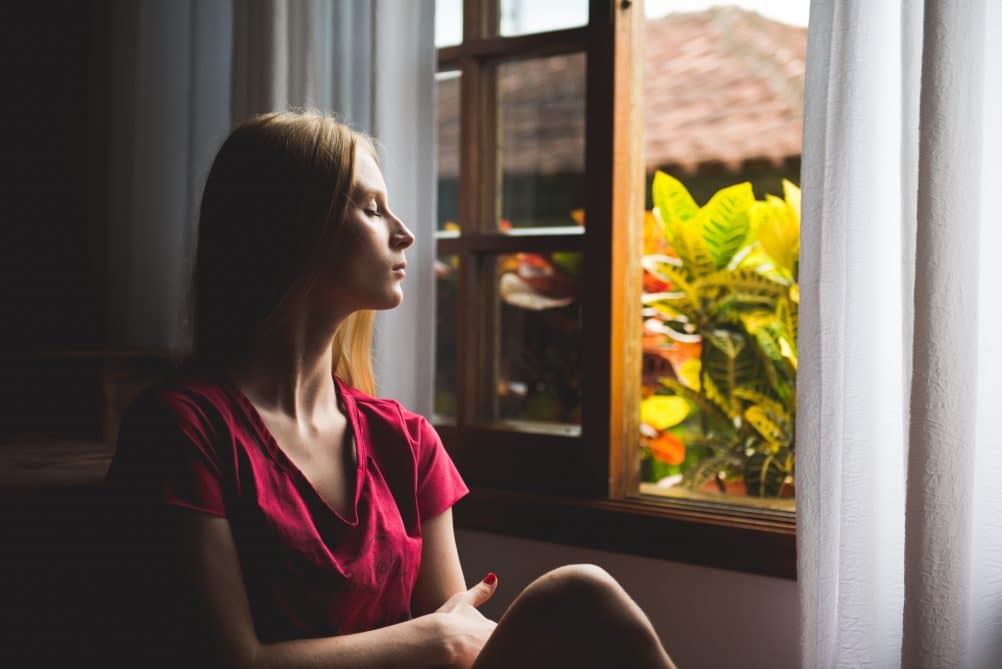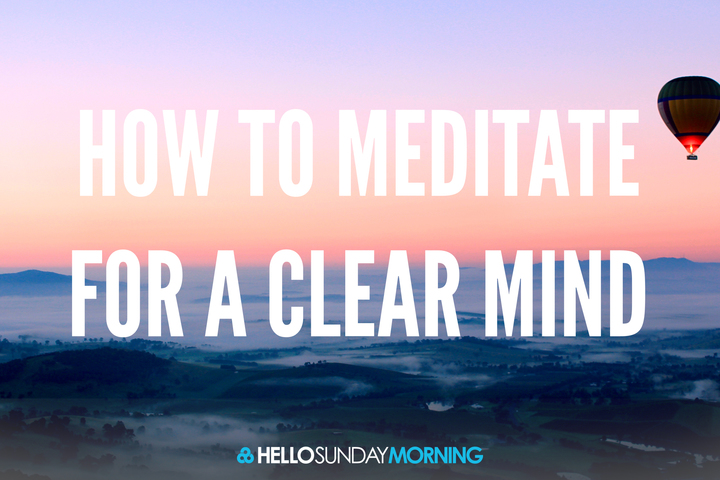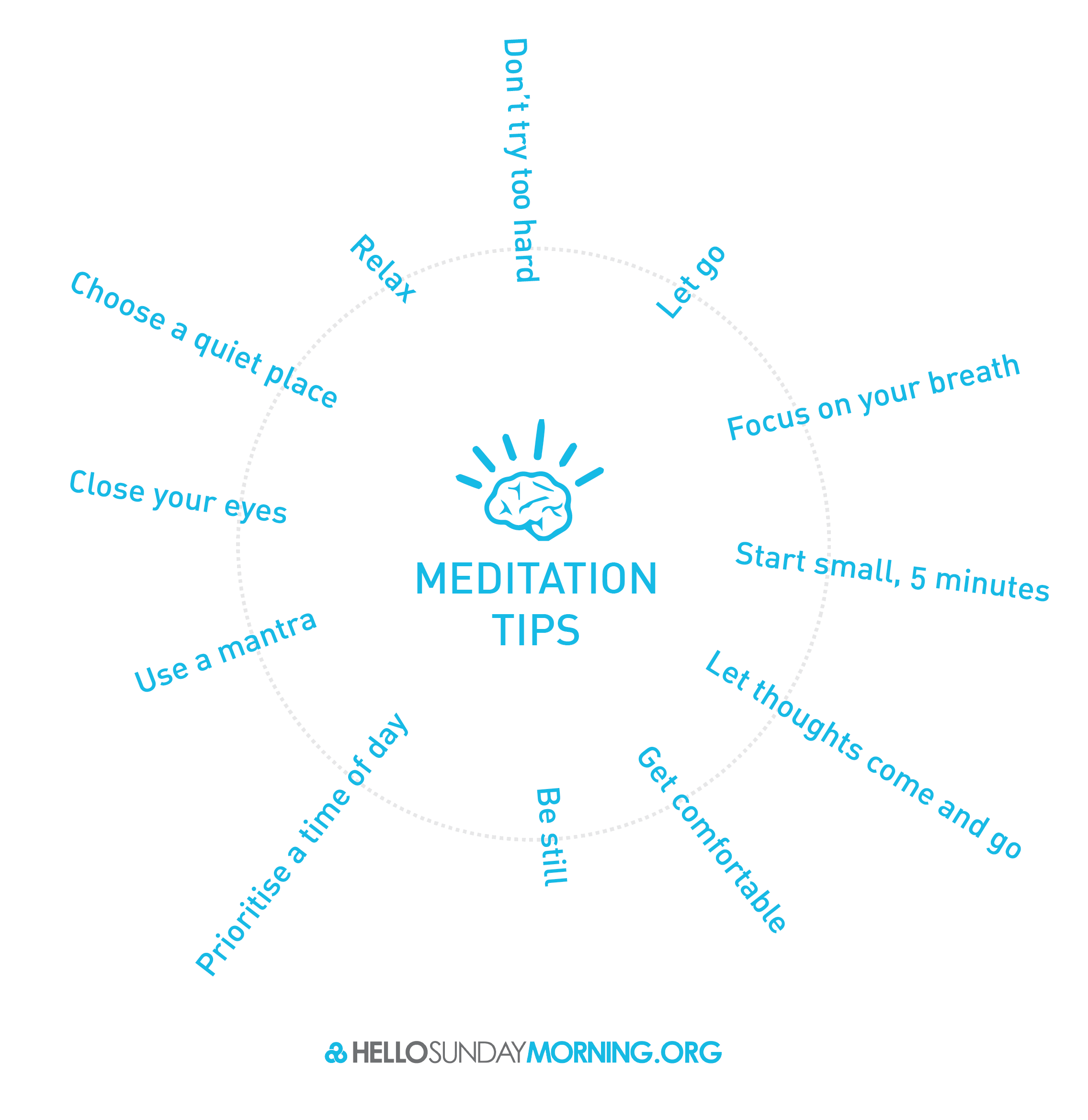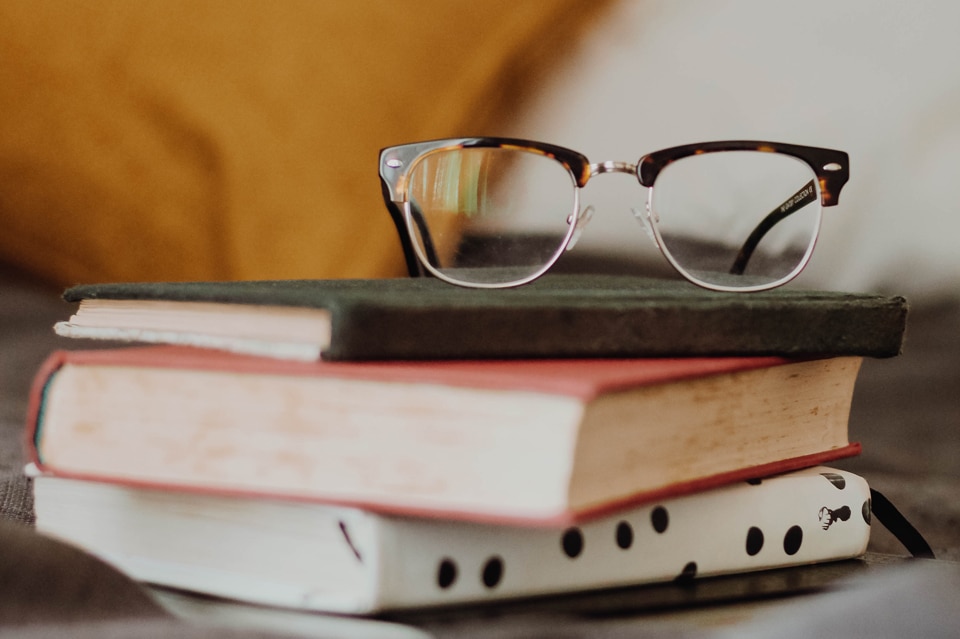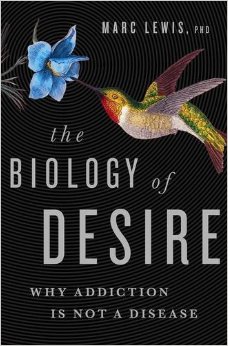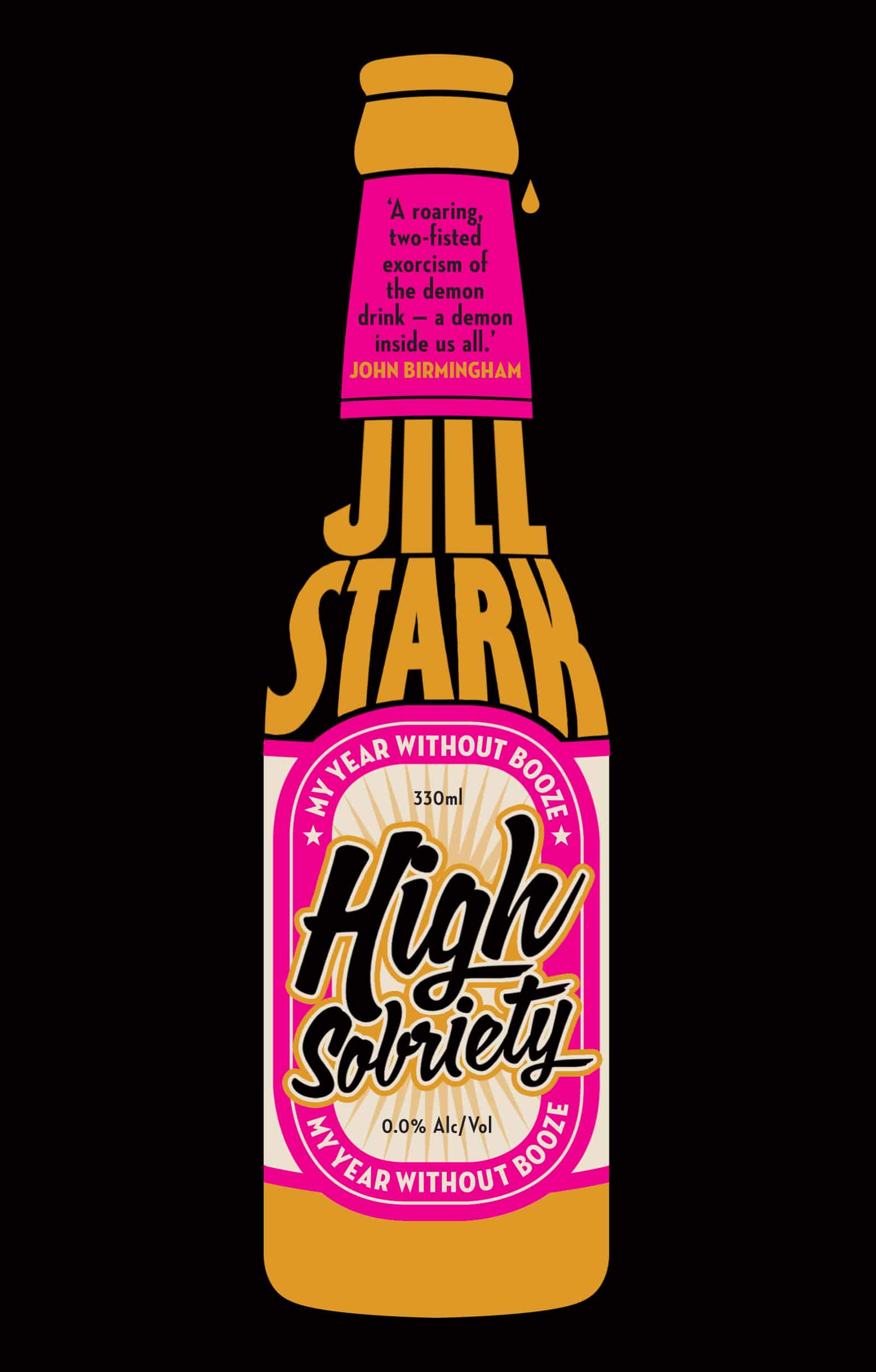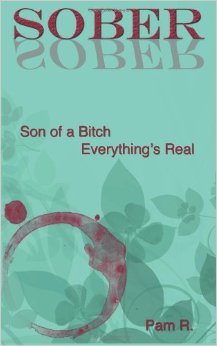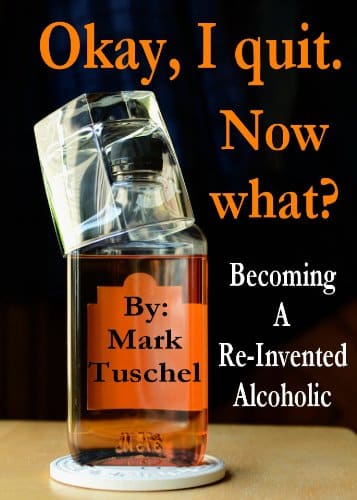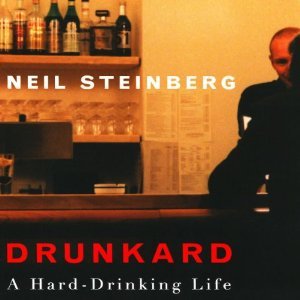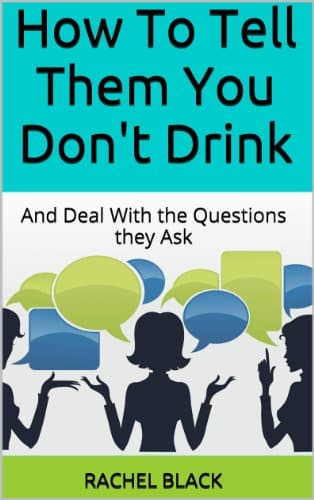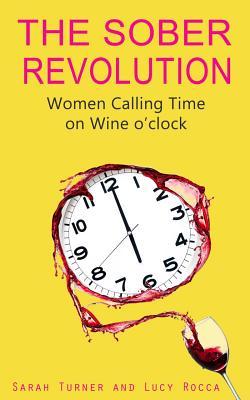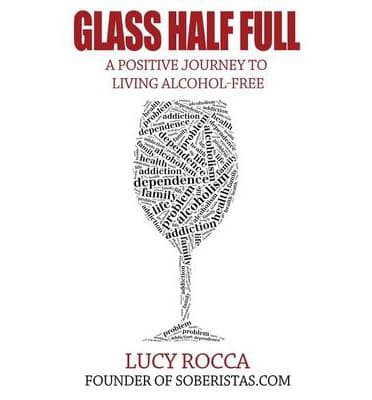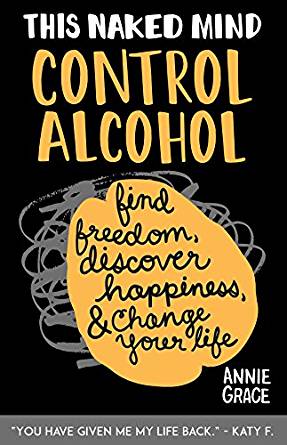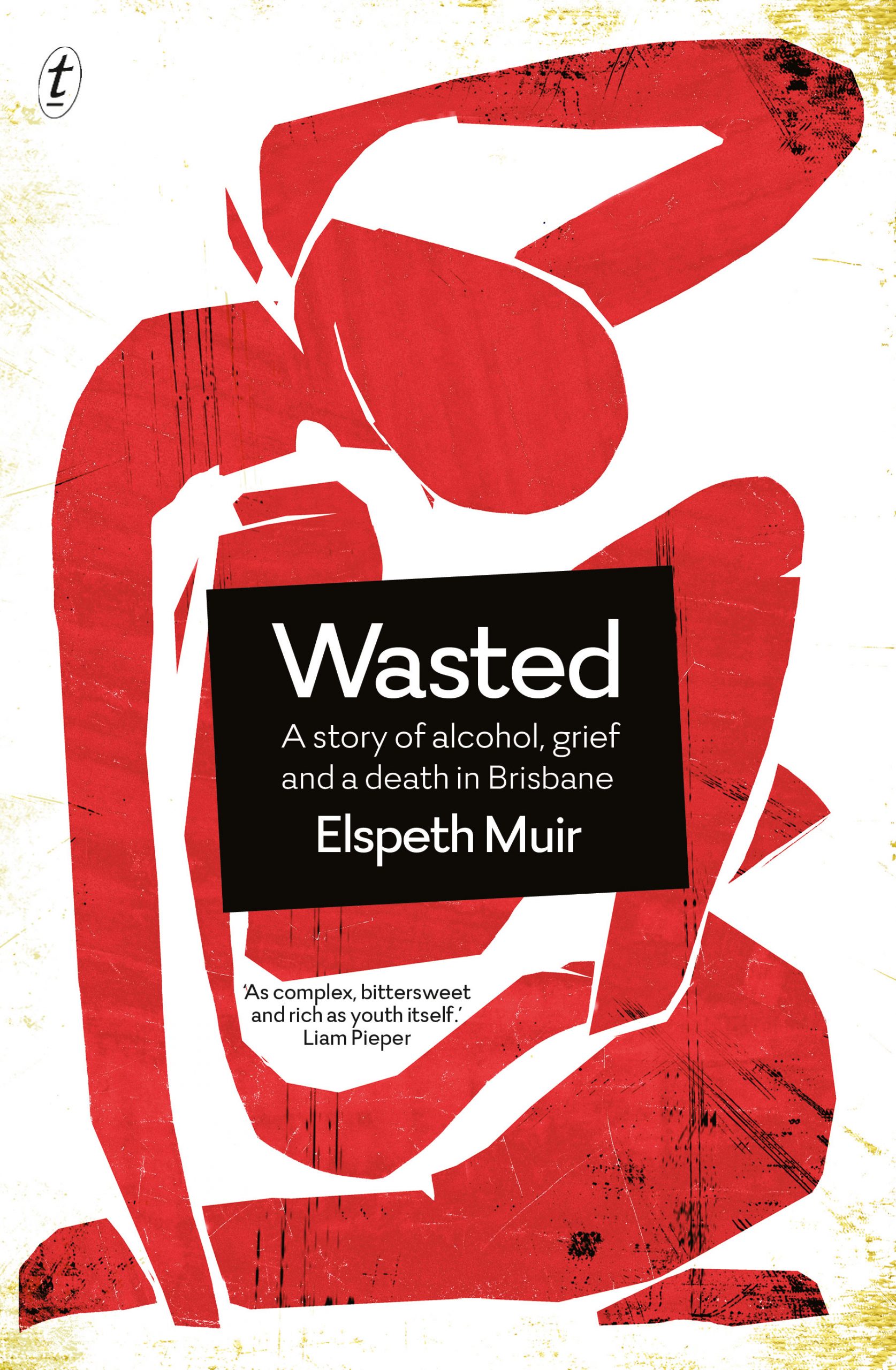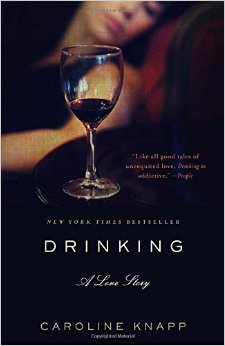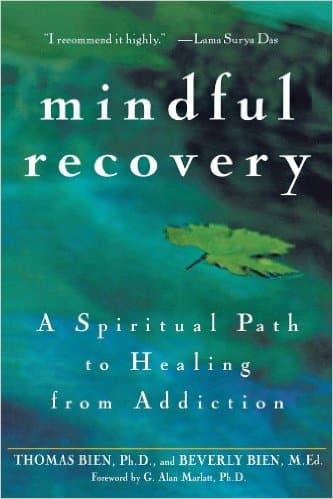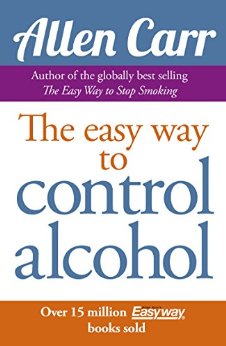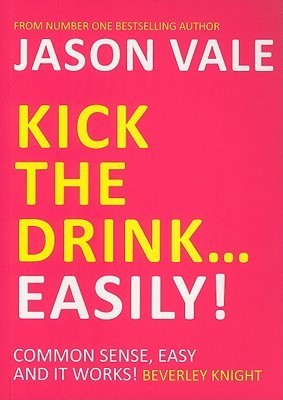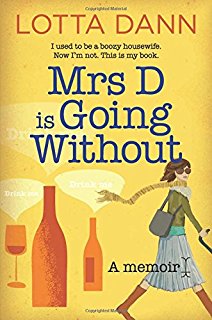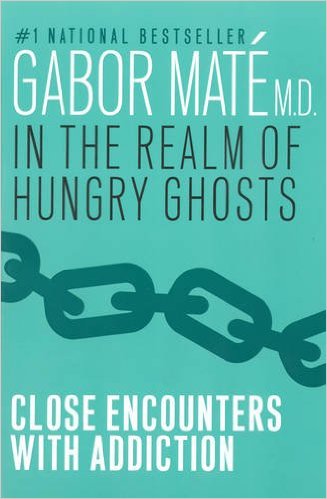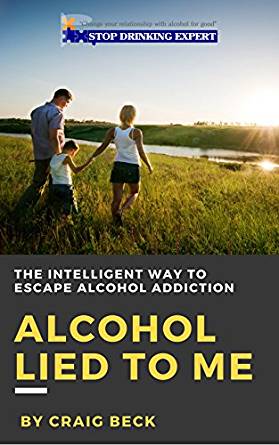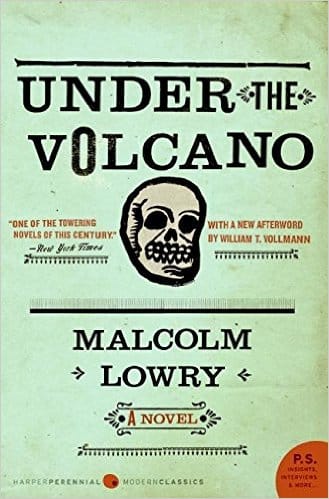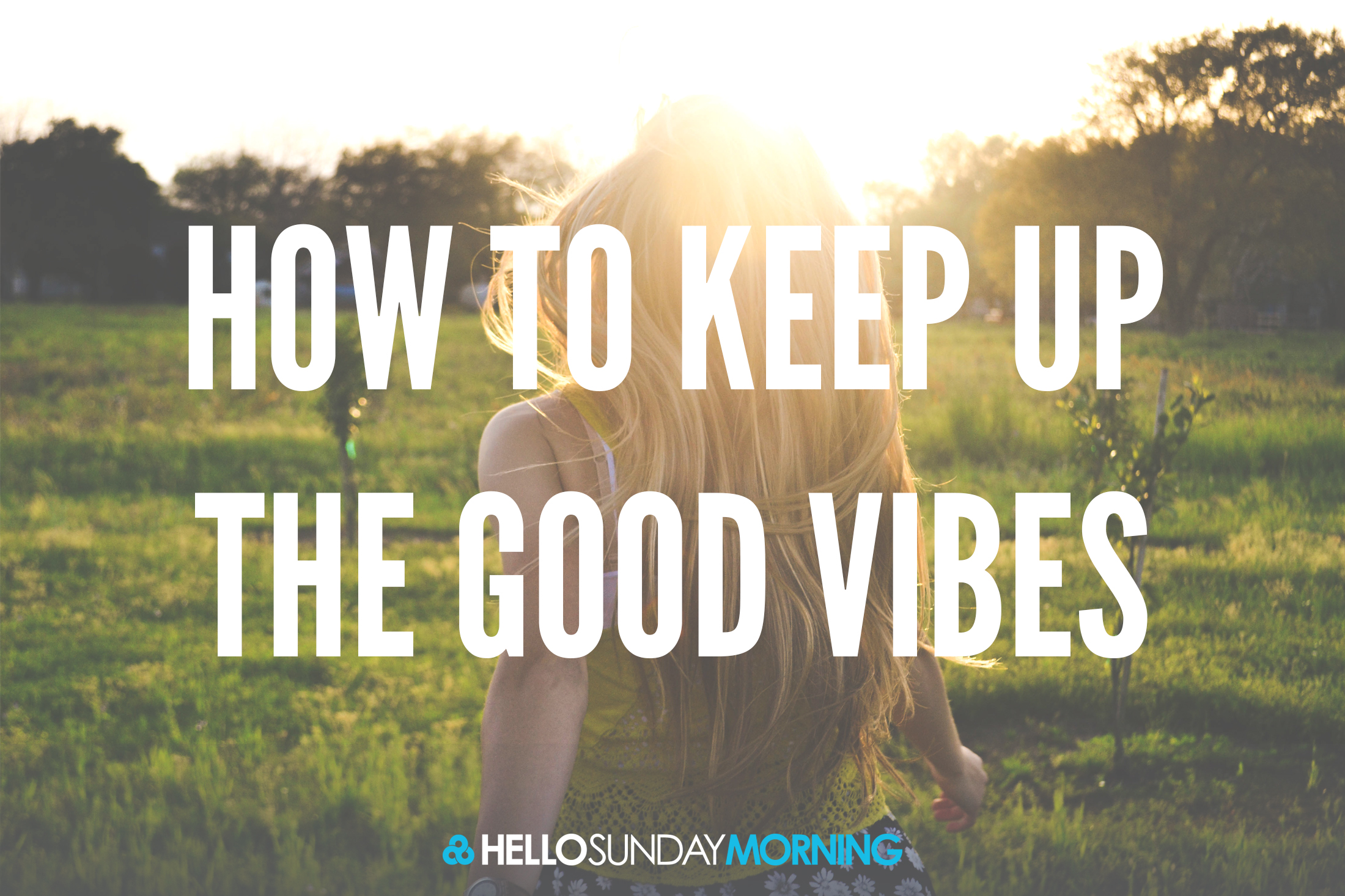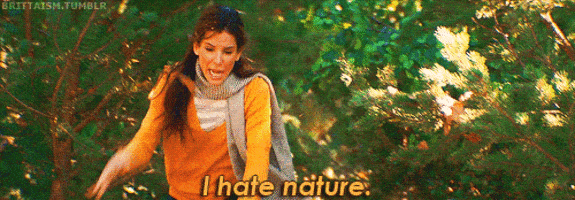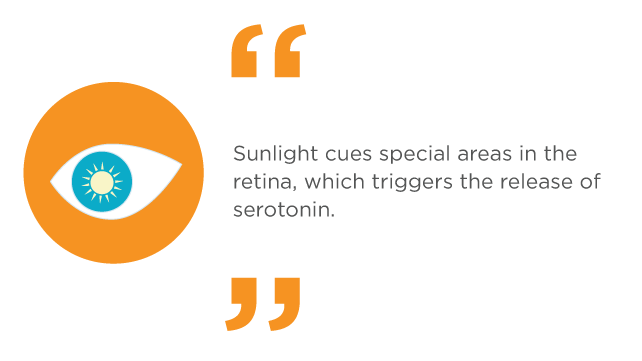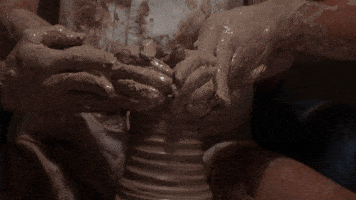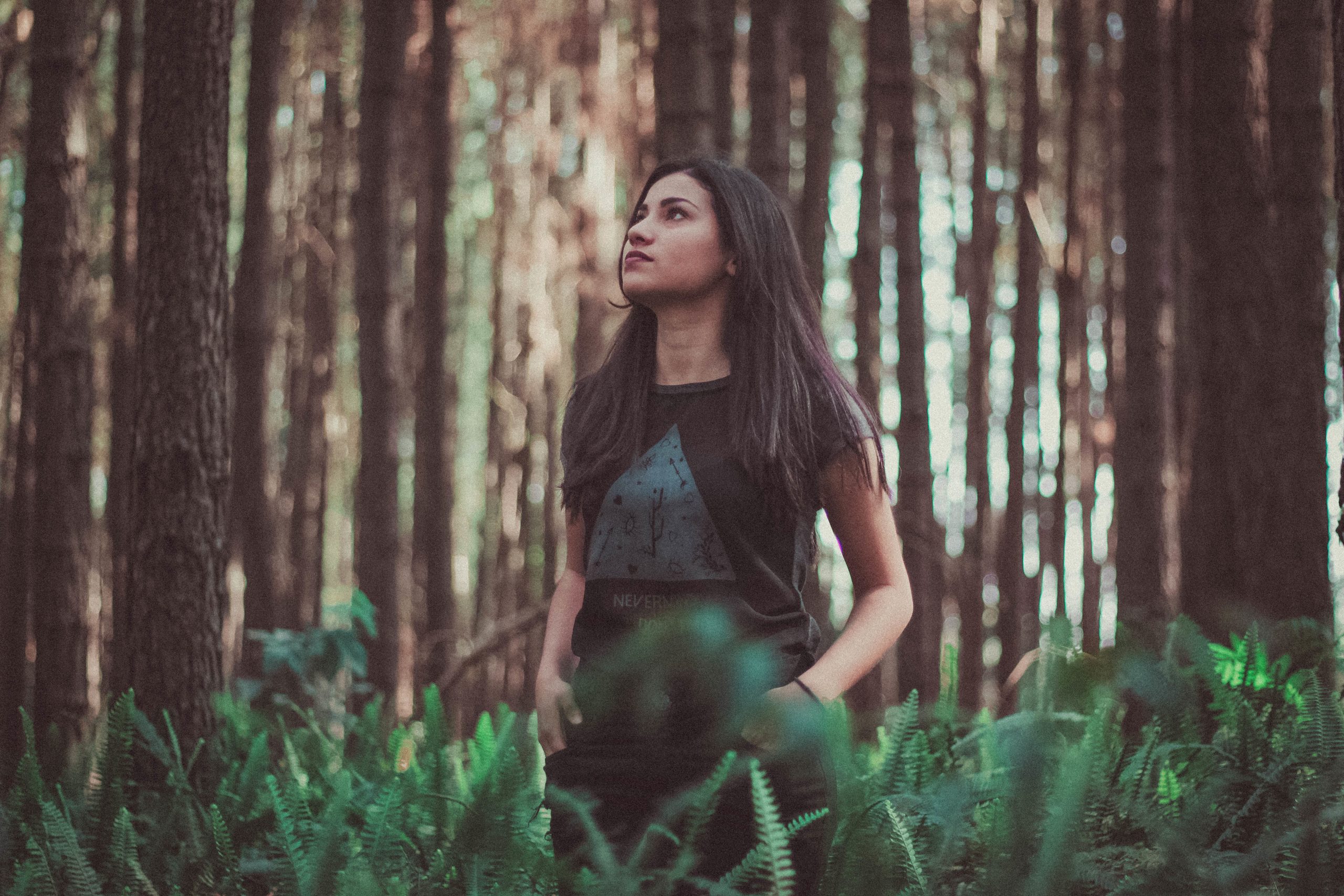19 books to read about alcohol
A few weeks ago we asked members of the Hello Sunday Morning community to share with us any books that have inspired, empowered or informed them to change their relationship with alcohol. The response was incredible and wide-reaching. Because we believe it’s so important to acknowledge that individuals define their own relationships with alcohol, we’ve collated here the vast majority of recommendations we received. These traverse a wide range of tactics and ideologies, so we encourage you to read what sounds good to you.
So without further ado and in no particular order (except for the first one, which is our team’s go-to), here we give you the Hello Sunday Morning reading list to help you on your journey to change your relationship with alcohol.
The Biology of Desire
Marc Lewis, PHD, convincingly explores here the theory that addiction is not a disease. It’s a game-changer.

From the blurb:
Through the vivid, true stories of five people who journeyed into and out of addiction, a renowned neuroscientist explains why the “disease model” of addiction is wrong and illuminates the path to recovery.
The psychiatric establishment and rehab industry in the Western world have branded addiction a brain disease, based on evidence that brains change with drug use. But in The Biology of Desire, cognitive neuroscientist and former addict Marc Lewis makes a convincing case that addiction is not a disease, and shows why the disease model has become an obstacle to healing.
Lewis reveals addiction as an unintended consequence of the brain doing what it’s supposed to do-seek pleasure and relief-in a world that’s not cooperating. Brains are designed to restructure themselves with normal learning and development, but this process is accelerated in addiction when highly attractive rewards are pursued repeatedly. Lewis shows why treatment based on the disease model so often fails, and how treatment can be retooled to achieve lasting recovery, given the realities of brain plasticity. Combining intimate human stories with clearly rendered scientific explanation, The Biology of Desire is enlightening and optimistic reading for anyone who has wrestled with addiction either personally or professionally.
High Sobriety
We’re unsurprising fans of this one: the chronicles of Jill Stark’s 12-month Hello Sunday Morning experience.

From the blurb:
‘I’m the binge-drinking health reporter. During the week, I write about Australia’s booze-soaked culture. At the weekends, I write myself off.’Booze had dominated Jill Stark’s social life ever since she had her first sip of beer, at 13. She thought nothing could curb her love of big nights. And then came the hangover that changed everything. In the shadow of her 35th year, Jill made a decision: she would give up alcohol. But what would it mean to stop drinking in a world awash with booze?
Booze had dominated Jill Stark’s social life ever since she had her first sip of beer, at 13. She thought nothing could curb her love of big nights. And then came the hangover that changed everything. In the shadow of her 35th year, Jill made a decision: she would give up alcohol. But what would it mean to stop drinking in a world awash with booze?
This lively memoir charts Jill’s tumultuous year on the wagon, as she copes with the stress of the newsroom sober, tackles the dating scene on soda water, learns to watch the footy minus beer, and deals with censure from friends and colleagues, who tell her that a year without booze is ‘a year with no mates’.
In re-examining her habits, Jill also explores Australia’s love affair with alcohol, meeting alcopop-swigging teens who drink to fit in, beer-swilling blokes in a sporting culture backed by booze, and marketing bigwigs blamed for turning binge drinking into a way of life. And she tracks the history of this national obsession: from the idea that Australia’s new colonies were drowning in drink to the Anzac ethos that a beer builds mateship, and from the six o’clock swill that encouraged bingeing to the tangled weave of advertising, social pressure, and tradition that confronts drinkers today.Will Jill make it through the year without booze? And if she does, will she go back to her old habits, or has she called last drinks? This is a funny, moving, and insightful exploration of why we drink, how we got here, and what happens when we turn off the tap.
Will Jill make it through the year without booze? And if she does, will she go back to her old habits, or has she called last drinks? This is a funny, moving, and insightful exploration of why we drink, how we got here, and what happens when we turn off the tap.
SOBER – Son Of a Bitch Everything’s Real
Sober is a fictional story written by Pam R. about her experience with the program Alcoholics Anonymous and her struggles to rebuild her life.

From the blurb:
Some people can drink socially, some people cannot. Lena Harod belongs to the latter group. An active alcoholic, Lena has reached a pivotal point in her drinking career. Racked with guilt, shame and self loathing she is driven to despair beyond comprehension. Lena’s story begins on an ill fated evening where her options look bleak. A chance meeting with a stranger sets her fate and her journey towards sobriety begins. As Lena slowly returns to the world of unaltered reality, she begins to see herself, other people and the wider world with a clarity she’s never experienced. SOBER is a fictional story of one woman’s experience with the program of Alcoholics Anonymous and her struggles to rebuild her life. It explores the trials and joys of finding a life without addiction with honesty and
SOBER is a fictional story of one woman’s experience with the program of Alcoholics Anonymous and her struggles to rebuild her life. It explores the trials and joys of finding a life without addiction with honesty and humor. Lena could be any of us and this illuminating story will show the reader, that with a little courage and help, it’s never too late for redemption and recovery.
Okay I Quit, Now What? Becoming a Reinvented Alcoholic
Mark Tuschel doesn’t care if you drink or don’t drink, he simply declares how he made the changes he did. The book’s 12 chapters correspond to his method of change.

From the blurb:
Quitting destructive drinking is the easy part – staying quit is the hard part.What do you do tonight, tomorrow, next weekend, when you go on vacation, for the rest of your life?
Okay, I quit. Now what? is filled with practical strategies and concepts to make the most out of living sober.
Many people expect too much out of life just because they quit drinking. This is an honest and raw view of life after liquor. Living sober can be the greatest thing you ever do – but you must be an active participant in your own Re-Invention to get the most out of sobriety.
This thought provoking book will get you thinking and planning your new sober lifestyle. Personal responsibility and pride are the foundation of the principles.
This is NOT a 12-step book or religious based. It is nontraditional and sometimes controversial. Adult language and situations are used in this book. NOT for the timid or bashful. It is written for those of us who want to control our destructive drinking and live a fully engaged, normal life.
Mark lives what he writes. He is a former drunk himself. He brings “real life” strategies to this book. Okay, I quit. Now what? is helpful to steppers and non-steppers alike.
“I have discovered that there is a very large subculture of non-steppers who want to succeed at sobriety, enjoy their life and be proud of accomplishing it on their own. Okay, I quit. Now what? is an alternative to traditional step systems. It is not religious based; it is personal responsibility based. Sobriety is an evolutionary process. Don’t just recover… Re-Invent yourself.”
This book has 12 chapters that will give you ideas on how to handle sobriety and make the most out of living sober. It is practical and real. The purpose is to get you thinking and get you involved in maintaining your sobriety. Take control of your sobriety and get the most out of your life. I believe this book will help you go in the right direction, or at least get YOU to think on your own.
Drunkard
Neil Steinberg is a columnist for the Chicago Sun-Times who had a very public battle with the bottle. He openly describes his drinking habits, routines, obsessions and secret behaviours before and during his change.

From the blurb:
An extraordinarily honest memoir about the life of a functioning alcoholic and the realities of recovery from a veteran columnist for the Chicago Sun-Times
Neil Steinberg loves his wife. He loves his two young sons. He loves his job and his ramshackle old farmhouse in the suburbs. But he also loves to drink, a passion that rolls merrily along for twenty-five years until one terrible night when his two worlds collide and shatter.
Drunkard is the story of one man’s fall down the rabbit hole of alcoholism, and his slow crawl back out. Sentenced to an outpatient rehab program, Steinberg discovers that twenty-eight days of therapy cannot reverse the toll decades of vigorous drinking take on one’s soul. In clear, distinctive, honest, and funny prose, Steinberg comes to grips with his actions, rebuilds his marriage, and reclaims his life.
Unlike outlandish tales of addiction’s extremes, Steinberg’s story is a regular person’s account of the stark-yet-common realities of a problem faced by millions around the world. Drunkard is an important addition to the pantheon of critically acclaimed, bestselling memoirs such as The Tender Bar, Drinking: A Love Story, and Smashed.
The Easy Way to Stop Drinking
Allen Carr has a reputation for helping millions of people across the world control their drinking, eating and smoking habits. His method makes you think about the reasons behind your drinking.

From the blurb:
Carr offers a startling new view of why we drink and how we can escape the addiction. Step by step, with devastating clarity and simplicity, he applies the Easyway™ method, dispelling all the illusions that surround the subject of drinking and that can make it almost impossible to imagine a life without alcohol. Only when we step away from all these supposed pleasures and understand how we are being duped to believe we are receiving real benefits can we begin to live our lives free from any desire or need for drinking.The Easyway™ method centers on removing the psychological need to drink—while the drinker is still drinking. Following the Easyway™:• You will not need willpower• You will not feel deprived• You will lose your fear of withdrawal pangs• You will enjoy social occasions more• You will be better equipped to handle stress.
The Easy Way to Stop Drinking is a landmark work that offers a simple and painless solution to anyone who wants to escape from dependency on alcohol without feeling deprived.
How To Tell Them You Don’t Drink
Rachel Black provides some real-life experiences with practical tips on how to share the news of cutting back or going drink-free with your family and friends.

From the blurb:
Giving up alcohol is hard enough without the additional anxiety of how to break the news to family and friends. What will they say? What will they ask? What will they think? Whether you choose to tell them the truth or make an excuse this guide provides examples of how you can make it easier and how to respond to the questions they will ask.
This book, like its predecessor ‘How to Party Sober’, is a little gem for those who choose to remain sober in a World soaked with alcohol and where drinking is the norm. Again, full of real life experience with many practical tips to guide you through tricky conversations. A must read.
The Sober Revolution-Calling Time on Wine O’Clock
Sarah Turner and Lucy Rocca look specifically at women and their relationships with alcohol, exploring the myths behind society’s acceptance of the habit.

From the blurb:
Do you count down the minutes to wine o’clock on a daily basis? Is a bottle of Pinot Grigio your friend at the end of a long hard day? If you want to give up being controlled and defined by alcohol then now is the time to join The Sober Revolution…
Fed up of living in a fog of hangovers, lethargy and guilt from too much wine? Have you tried to cut down without success?
You are not alone. When it comes to alcohol, millions of people around the world find it hard to exercise moderation and become stuck in a vicious cycle of blame, guilt and using more alcohol as a way of coping.
The Sober Revolution looks at women and their relationships with alcohol, exploring the myths behind this socially acceptable yet often destructive habit. Rather than continuing the sad spiral into addiction it helps women regain control of their drinking and live happier, healthier lives.
Sarah Turner, cognitive behavioural therapist and addictions counsellor, and Lucy Rocca, founder of Soberistas.com, the popular social networking site for women who have successfully kicked the booze or would like to, give an insight into ways to find a route out of the world of wine.
The Sober Revolution will open your eyes to the dangers of social drinking and give you the tools you need to have a happy life without the wine. Read it now and call time on wine o’clock forever.
Glass Half Full
Lucy Rocca retells the story of her journey from devoted wine lover to becoming sober and truly happy for the first time in her adult life.

From the blurb:
In April 2011, Lucy Rocca woke up in a hospital bed with no memory of how she had ended up there. After accepting that her drinking had spiralled out of control, she made the decision there and then to never touch alcohol again. However, the early days were a challenge, and Lucy began recording her journey in a blog as a way of helping herself move forward to a happy and sober future.
For someone who defined herself by her love of drinking for over twenty years, letting go of the booze crutch was initially a challenge, but over time, Lucy began to realise how much happier she was living alcohol-free. Glass Half Full is the story of her journey from hopelessly devoted wine fiend to sober and truly happy for the first time in her adult life.
This Naked Mind: Control Alcohol
Millions of people worry that drinking is affecting their health, yet are unwilling to seek change because of the misery and stigma associated with recovery.

From the blurb:
Millions of people worry that drinking is affecting their health, yet are unwilling to seek change because of the misery and stigma associated with alcoholism and recovery. They fear drinking less will be boring, involving deprivation, difficulty and significant lifestyle changes.
This Naked Mind offers a new solution. Packed with surprising insight into the reasons we drink, it will open your eyes to the startling role of alcohol in our culture. Annie Grace brilliantly weaves psychological, neurological, cultural, social and industry factors with her extraordinarily candid journey resulting in a must read for anyone who drinks.
This book, without scare tactics, pain or rules, gives you freedom from alcohol. By addressing causes rather than symptoms it is a permanent solution rather than lifetime struggle. It removes the psychological dependence allowing you to easily drink less (or stop drinking). Annie’s clarity, humor and unique ability to blend original research with riveting storytelling ensures you will thoroughly enjoy the process.
In a world defined by ‘never enough’ Annie takes us on an intellectual journey through the world of alcohol and specifically the connection between alcohol and pleasure. She dispels the cultural myth that alcohol is a vital part of life and demonstrates how regaining control over alcohol is not only essential to personal happiness and fulfillment but also to ending the heartache experienced by millions as a result of secondhand drinking.
Finally, with perfect clarity, this book opens the door to the life you have been waiting for.
Wasted
Elspeth Muir explores a personal story of loss and grief and recognises a society that not only permits but encourages the damaging drinking habits of young Australians.

From the blurb:
In 2009 Elspeth Muir’s youngest brother, Alexander, finished his last university exam and went out with some mates on the town. Later that night he wandered to the Story Bridge. He put his phone, wallet, T-shirt and thongs on the walkway, climbed over the railing, and jumped thirty metres into the Brisbane River below.
Three days passed before police divers pulled his body out of the water. When Alexander had drowned, his blood-alcohol reading was almost five times the legal limit for driving.
Why do some of us drink so much, and what happens when we do? Fewer young Australians are drinking heavily, but the rates of alcohol abuse and associated problems—from blackouts to sexual assaults and one-punch killings—are undiminished.
Intimate and beautifully told, Wasted illuminates the sorrows, and the joys, of drinking.
Drinking, A Love Story

From the blurb:
Fifteen million Americans a year are plagued with alcoholism. Five million of them are women. Many of them, like Caroline Knapp, started in their early teens and began to use alcohol as “liquid armor,” a way to protect themselves against the difficult realities of life. In this extraordinarily candid and revealing memoir, Knapp offers important insights not only about alcoholism, but about life itself and how we learn to cope with it.
Mindful Recovery
Thomas Bien explores a spiritual path to beating addiction and guides you step by step through ten powerful “doorways” to mindful change.

From the blurb:
In Mindful Recovery, you’ll discover a fresh and effective method for healing from addiction that can help you handle important challenges, from managing anxiety and resisting cravings to dealing with emotional and physical imbalance.
Drawing on both ancient spiritual wisdom and the authors’ extensive clinical psychological work with their patients over many years, Mindful Recovery shows you how to use the simple Buddhist practice of mindfulness to be aware of– and enjoy– life in the present moment without the need to enhance or avoid experience with addictive behaviors. Mindful Recovery guides you step by step through ten powerful “doorways” to mindful recovery, giving you specific strategies that can help you cultivate a sense of calm awareness and balance in your life.
Filled with personal stories of recovery, practical exercises, instructions for meditation, and more, Mindful Recovery accompanies you on a journey of exploration and healing that will help you find the strength and the tools to change, leading you to a fresh new experience of everyday living.
Alan Carr’s Easy Way to Control Alcohol
Alan Carr shows us that once we step away from all the imagined pleasures of alcohol and understand how we are duped into believing that we receive real benefits from it, we can lead our lives free from any desire or need for a drink.

From the blurb:
Allen Carr established himself as the world’s greatest authority on helping people stop smoking and his internationally best-selling Easy Way to Stop Smoking has been published in over 40 languages and sold more than 10 million copies.
In his Easy Way to Control Alcohol Allen applies his revolutionary method to drinking. With startling insight into why we drink and clear, simple, step-by-step instructions, he shows you the way to escape from the “alcohol trap” in the time it takes to read this book.
His unique method removes the feeling of deprivation and works without using willpower. Allen dispels our illusions about alcohol, removes the psychological dependence and sets you free to enjoy life to the full.
Kick the Drink … Easily
Jason Vale argues that there is no such thing as an alcoholic and that we have been conditioned to accept alcohol as a “normal substance in today’s society,” despite the fact that it is the major cause of many of today’s social problems and a wide range of health issues.

From the blurb:
There is no such thing as an alcoholic and there is no such disease as alcoholism! (as society understands it). Whether you agree with this statement or not, one thing is for sure, you will never see alcohol in the same light ever again after reading this book. Jason Vale takes an honest and hard hitting look at people’s conceptions of our most widely consumed drug. Jason’s major argument is there is no such thing as an ‘alcoholic’ and that we are conditioned to accept alcohol as a ‘normal’ substance in today’s society despite the fact that it is the major cause of many of today’s social problems and a wide range of health issues. This book is much more than a simple eye opener, it will: change the way you see alcohol forever; show you how to stop drinking; help you enjoy the process and enjoy your life so much more than you do now without having to drink alcohol. So open your mind and take a journey with Jason to explore the myths about the most used and accepted drug addiction in the world!
Mrs D is Going Without
Lotta Dann stopped drinking and secretly started a blog that charted the highs and lows of learning to live without alcohol.

From the blurb:
Mrs. D is an alcoholic, albeit a very nice, respectable, articulate, and groomed alcoholic. This is an honest, upfront, relatable account of one suburban housewife’s journey from miserable wine-soaked boozer to self-respecting sober lady. This book is an inspirational tale of self-transformation, addiction, and domesticity. This book lays out the entirely unexpected solo journey Mrs. D took in the first year of her sobriety, and reveals the incredible online support that came through on her confessional blog, a blog intended to be a private online diary but which turned into something else quite remarkable.
In The Realm Of Hungry Ghosts
Based on Gabor Maté’s two decades of experience as a medical doctor and his groundbreaking work with the severely addicted on Vancouver’s skid row, In the Realm of Hungry Ghosts radically reenvisions this much misunderstood field by taking a holistic approach.

From the blurb:
He would probably dispute it, but Gabor Maté is something of a compassion machine. Diligently treating the drug addicts of Vancouver’s notorious Downtown Eastside with sympathy in his heart and legislative reform in mind can’t be easy. But Maté never judges. His book is a powerful call-to-arms, both for the decriminalization of drugs and for a more sympathetic and informed view of addiction. As Maté observes, “Those whom we dismiss as ‘junkies’ are not creatures from a different world, only men and women mired at the extreme end of a continuum on which, here or there, all of us might well locate ourselves.” In the Realm of Hungry Ghosts begins by introducing us to many of Dr. Maté’s most dire patients who steal, cheat, sell sex, and otherwise harm themselves for their next hit. Maté looks to the root causes of addiction, applying a clinical and psychological view to the physical manifestation and offering some enlightening answers for why people inflict such catastrophe on themselves.
Finally, he takes aim at the hugely ineffectual, largely U.S.-led War on Drugs (and its worldwide followers), challenging the wisdom of fighting drugs instead of aiding the addicts, and showing how controversial measures such as safe injection sites are measurably more successful at reducing drug-related crime and the spread of disease than anything most major governments have going. It’s not easy reading, but we ignore his arguments at our peril. When it comes to combating the drug trade and the ravages of addiction, society can use all the help it can get. –Kim Hughes
Alcohol Lied to Me
Craig Beck tried all the willpower-based attempts to stop drinking and failed. Slowly he discovered his truth about alcohol and one by one all the lies he had previously believed started to fall apart.

From the blurb:
Craig Beck is a well-regarded family man with two children, a nice home and a successful media career. A director of several companies & at one time the trustee of a large children’s charity. Craig was a successful & functioning professional man in spite of a ‘2 bottles of wine a night’ drinking habit. For 20 years he struggled with problem drinking, all the time refusing to label himself an alcoholic because he didn’t believe he met the stereotypical image that the word portrayed.
He tried countless ways to cut down; attempting ‘dry months’, banning himself from drinking spirits, only drinking at the weekend & special occasions (and found that it is amazing how even the smallest of event can suddenly become ‘special’).
All these ‘will power’ based attempts to stop drinking failed (exactly as they were destined to do). Slowly he discovered the truth about alcohol addiction & one by one all the lies he had previously believed started to fall apart. For the first time he noticed that he genuinely didn’t want to drink anymore. In this book he will lead you though the same amazing process.
The Craig Beck method is unique…
- No need to declare yourself an alcoholic.
- A permanent cure, not a lifetime struggle.
- No group meetings or expensive rehab.
- No humiliation, no pain and 100% no ‘will power’ required.
- Treats the source of the problem not the symptoms.
Under the Volcano
Malcolm Lowry’s novel tells the story of Geoffrey Firmin, an alcohol-dependent British consul in the small Mexican town of Quauhnahuac, on the Day of the Dead, 2 November 1938.

From the blurb:
Geoffrey Firmin, a former British consul, has come to Quauhnahuac, Mexico. Here the consul’s debilitating malaise is drinking, and activity that has overshadowed his life. Under the Volcano is set during the most fateful day of the consul’s life–the Day of the Dead, 1938. His wife, Yvonne, arrives in Quauhnahuac to rescue him and their failing marriage, inspired by a vision of life together away from Mexico and the circumstances that have driven their relationship to the brink of collapse. Yvonne’s mission is to save the consul is further complicated by the presence of Hugh, the consul’s half-brother, and Jacques, a childhood friend. The events of this one day unfold against a backdrop unforgettable for its evocation of a Mexico at once magical and diabolical.
Under the Volcano remains one of the most powerful and lyrical statements on the human condition and one man’s constant struggle against the elemental forces that threaten to destroy him.
